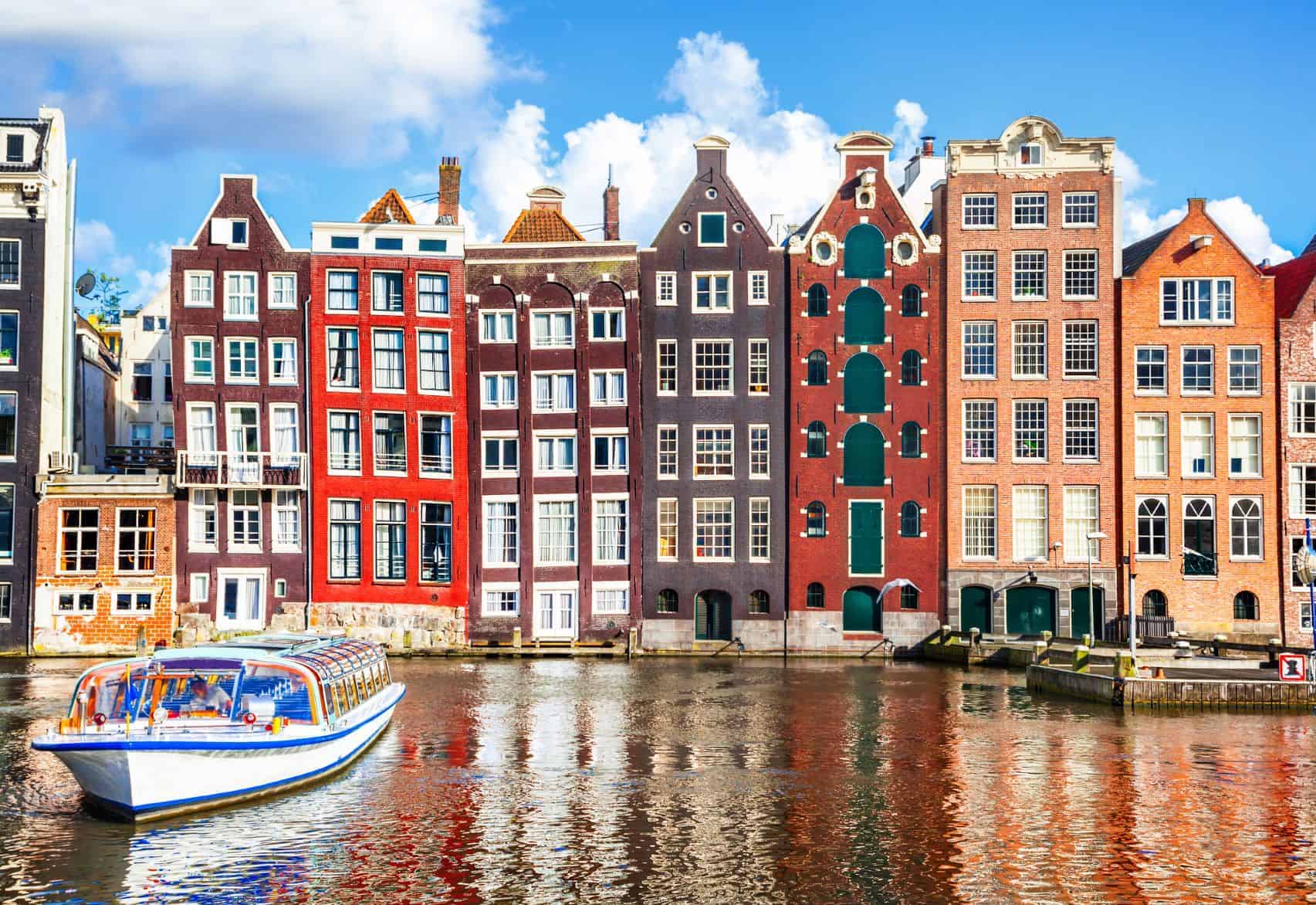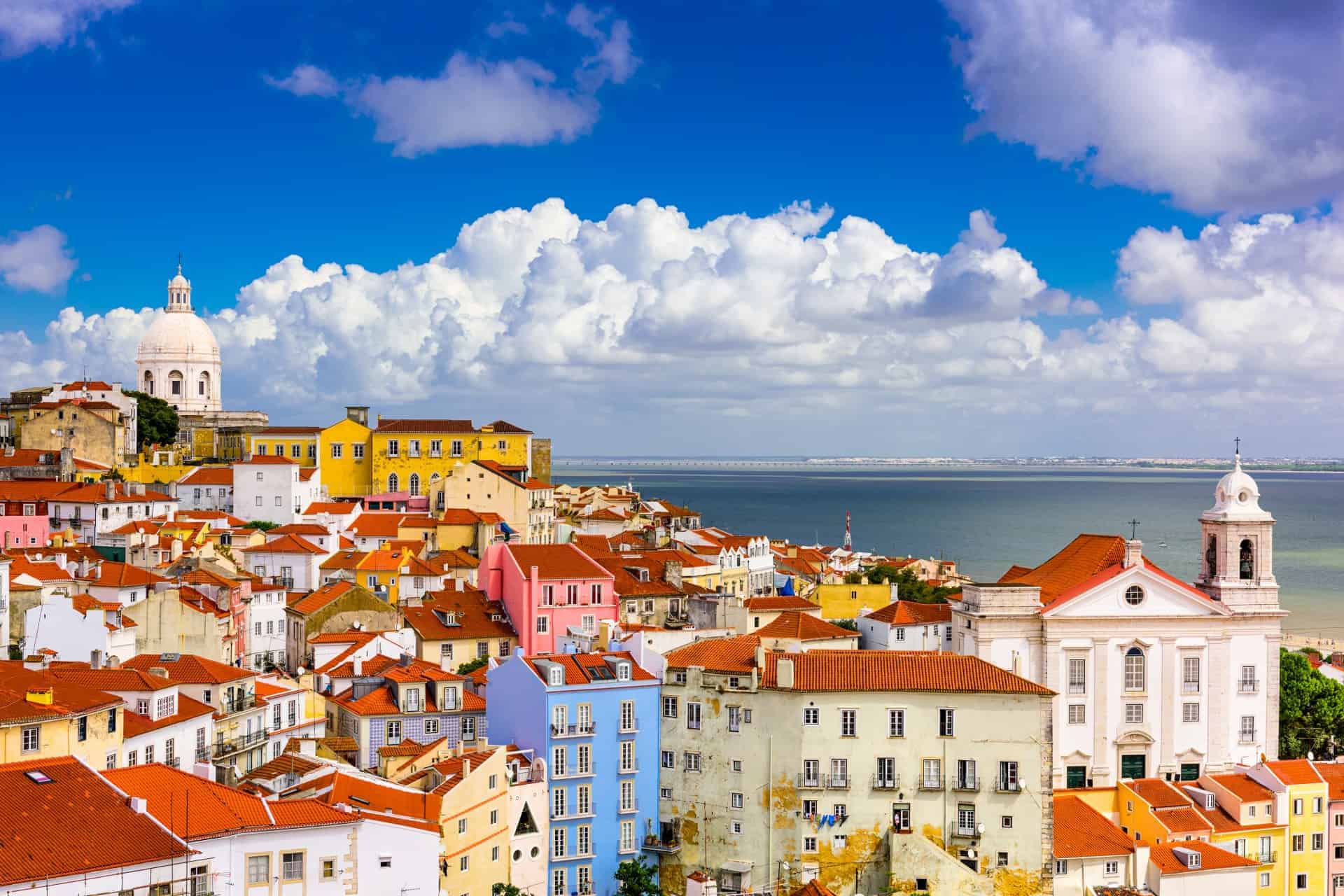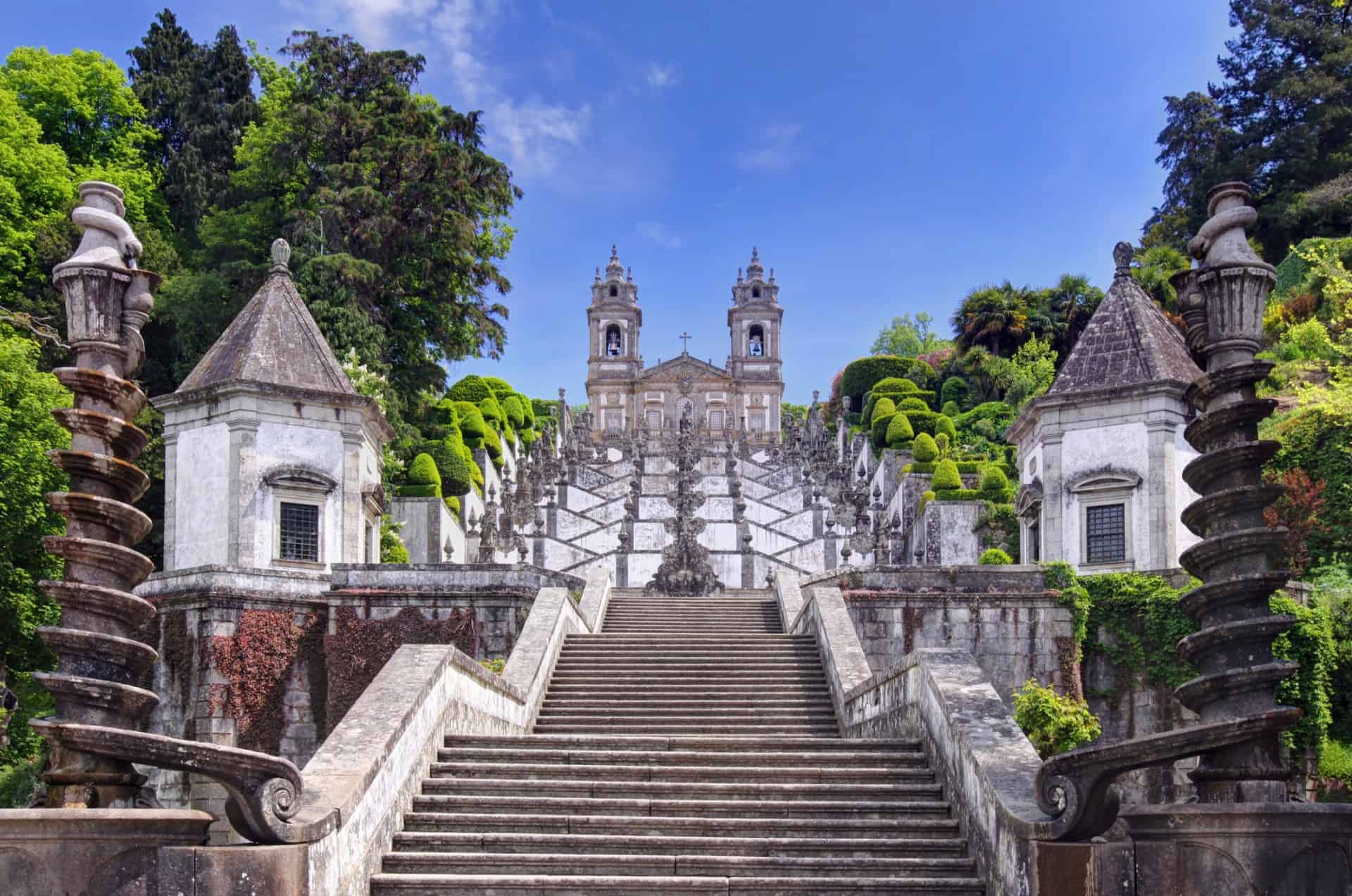Located on the western edge of the Iberian Peninsula, Portugal’s historical significance is undeniable. In the early modern period, it commanded the seas, leading the age of Portuguese exploration and establishing a vast empire spanning from Indonesia to Brazil. The resulting imperial prosperity is evident in the intricate Renaissance architecture found in cities like Braga, Sintra, and Lisbon. Embarking on a tour of Portugal unveils not only its cultural richness but also its historical grandeur, with stops in Nazare, Alfama, Mafra, Obidos and Evora.
Distinct in its legacy, Portugal gave rise to the Manueline style, named after King Manuel I, whose reign witnessed the nation’s unprecedented expansion and accumulation of wealth. This architectural style, unique to 16th-century Portugal, is characterized by elaborate ornamentation and maritime motifs, like intricate carvings of barnacles and nautical instruments adorning buildings along the cobblestone streets. The Jeronimos Monastery stands as a testament to this style, offering a glimpse into a bygone era on guided walking tours tailored for senior travelers.
While celebrating Portugal’s architectural opulence, it is crucial to acknowledge the darker aspects of its past. For two centuries, from 1440 to 1640, Portugal held a monopoly on the slave trade. In the 16th century, Lisbon boasted a significant African population, with around 10% of its inhabitants living in slavery, a sobering reminder of the complexities of history.
On tours designed for seniors in Portugal, a delicate balance is struck between exploration and education. Travelers are increasingly drawn to the captivating cities and breathtaking natural landscapes of Portugal, seeking a profound travel experience. Whether guided by a knowledgeable tour director or venturing out independently, visitors can immerse themselves in local history and savor the renowned seafood in quaint eateries. Indulging in Portuguese culinary delights, be sure to visit Fabrica dos Pasteis de Belem, a traditional bakery crafting delectable custard tarts since 1837.



















